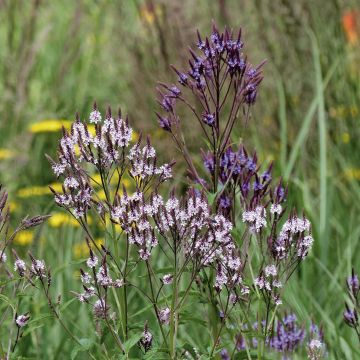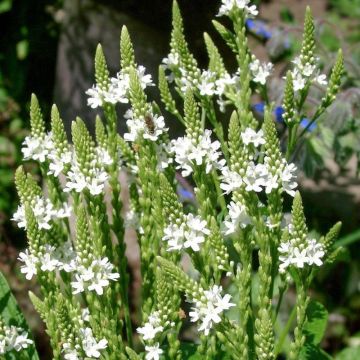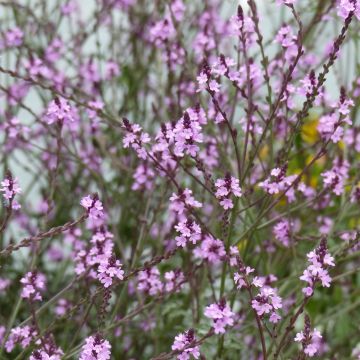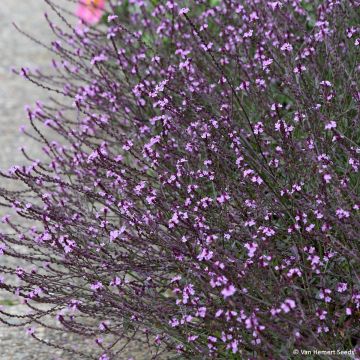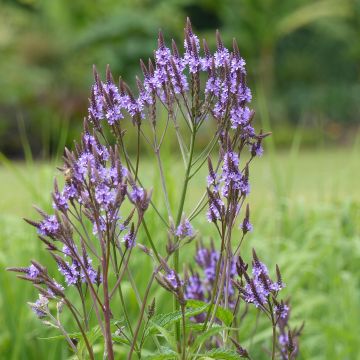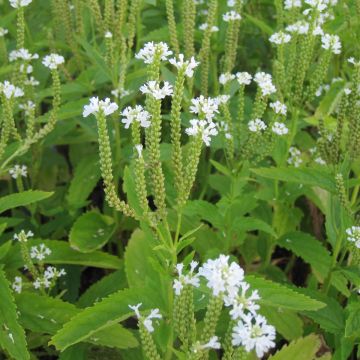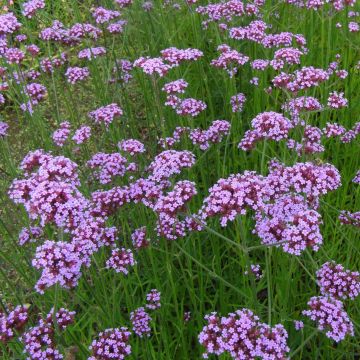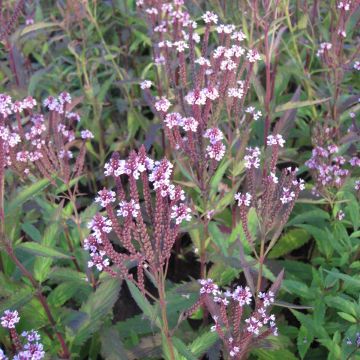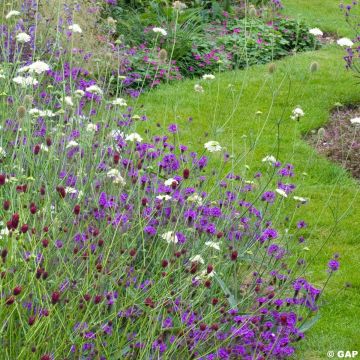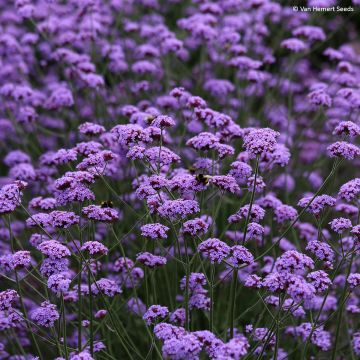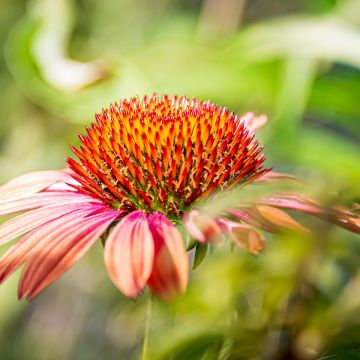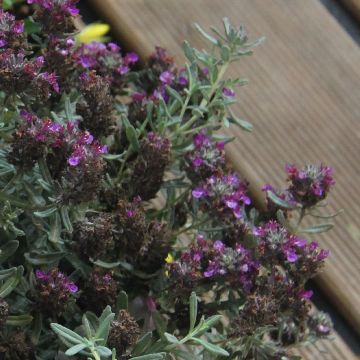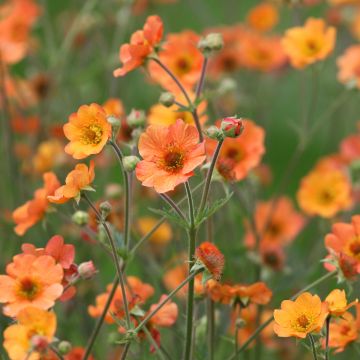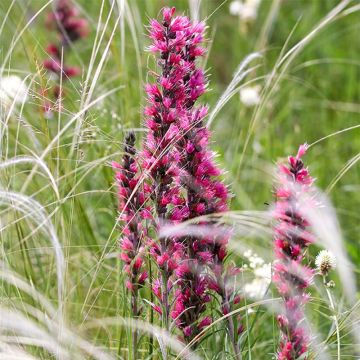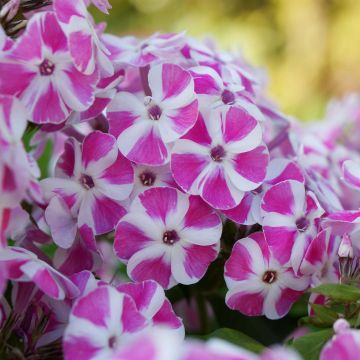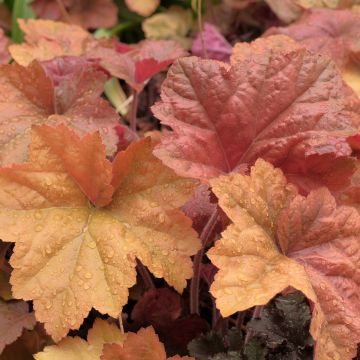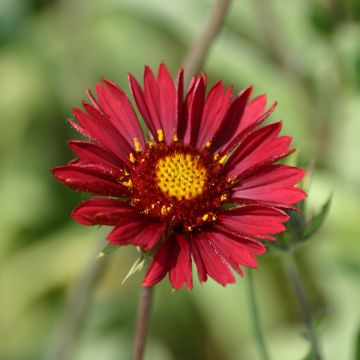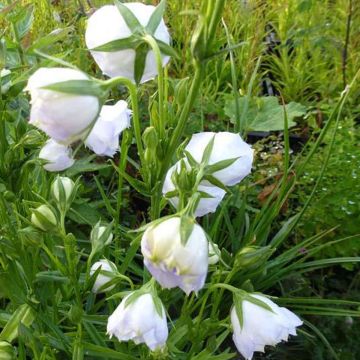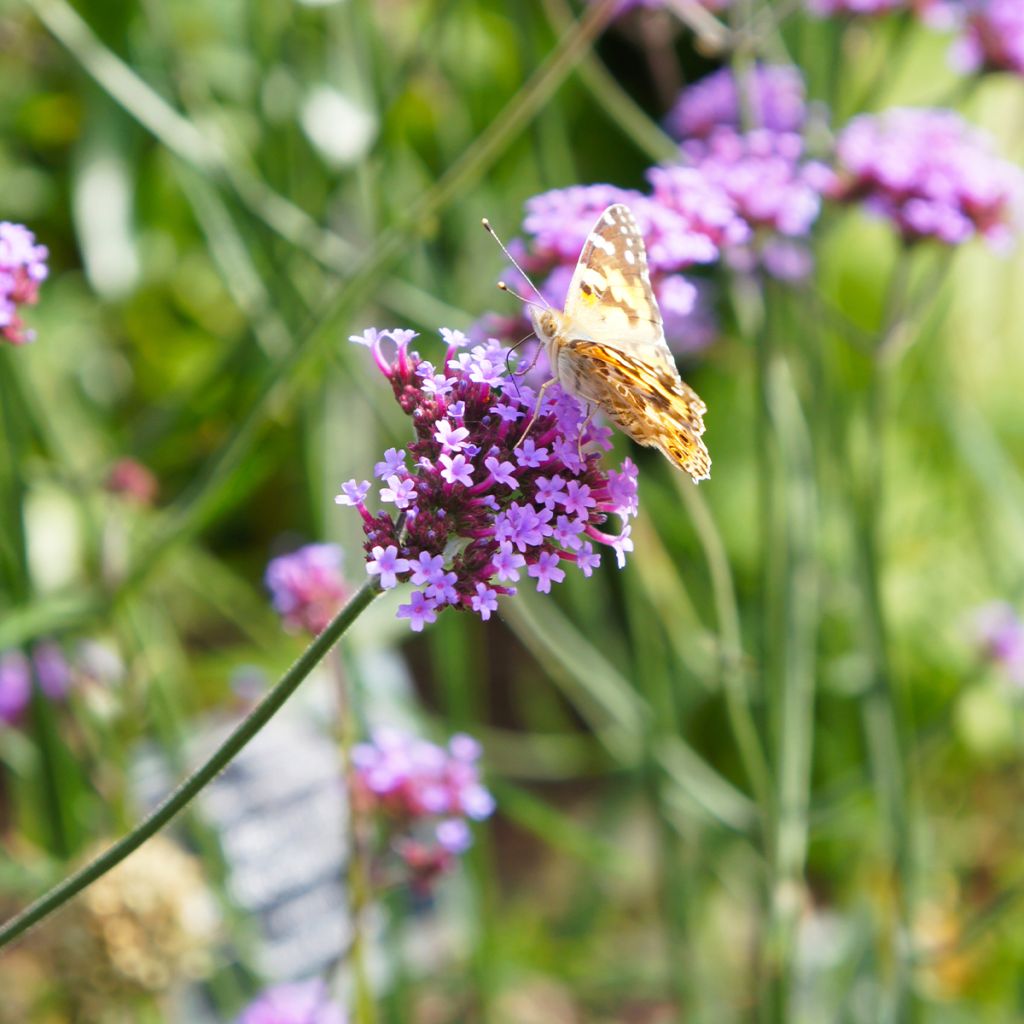

Verbena bonariensis Lollipop
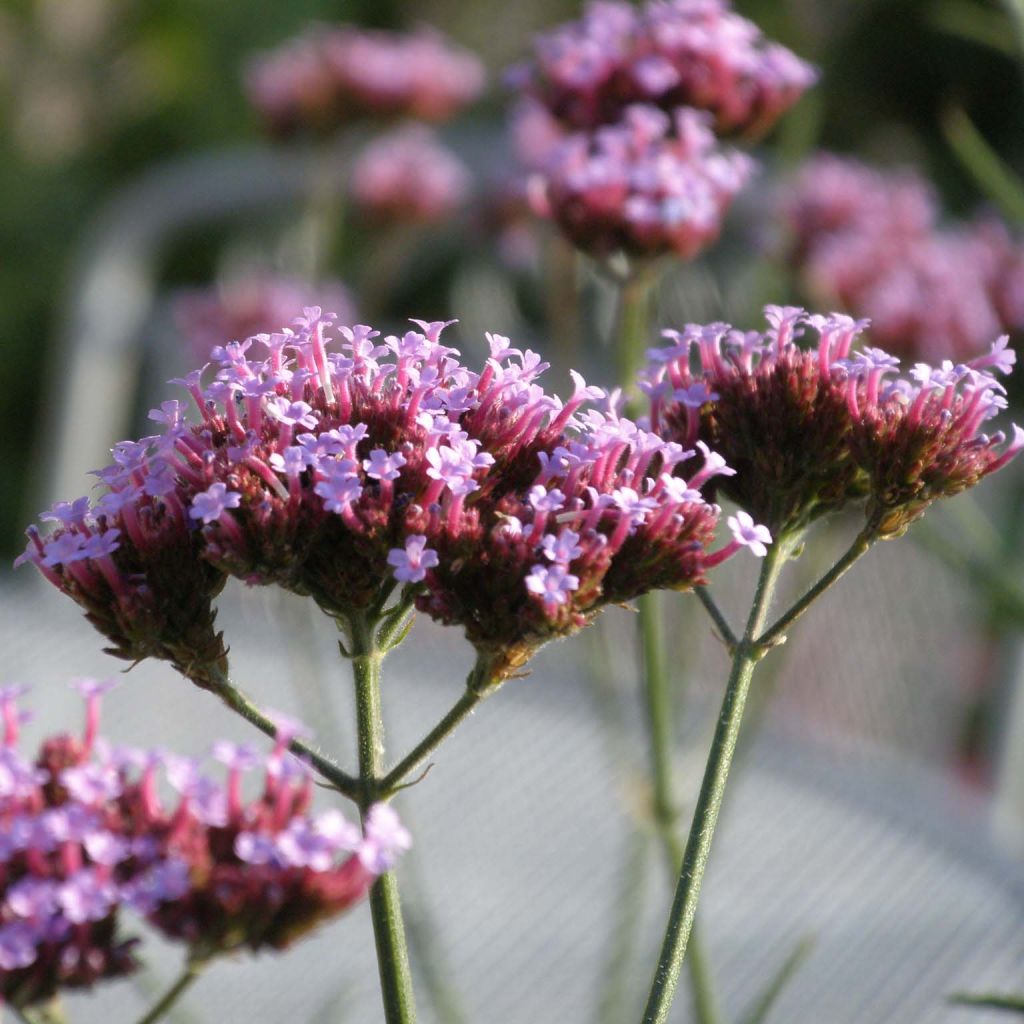

Verbena bonariensis Lollipop
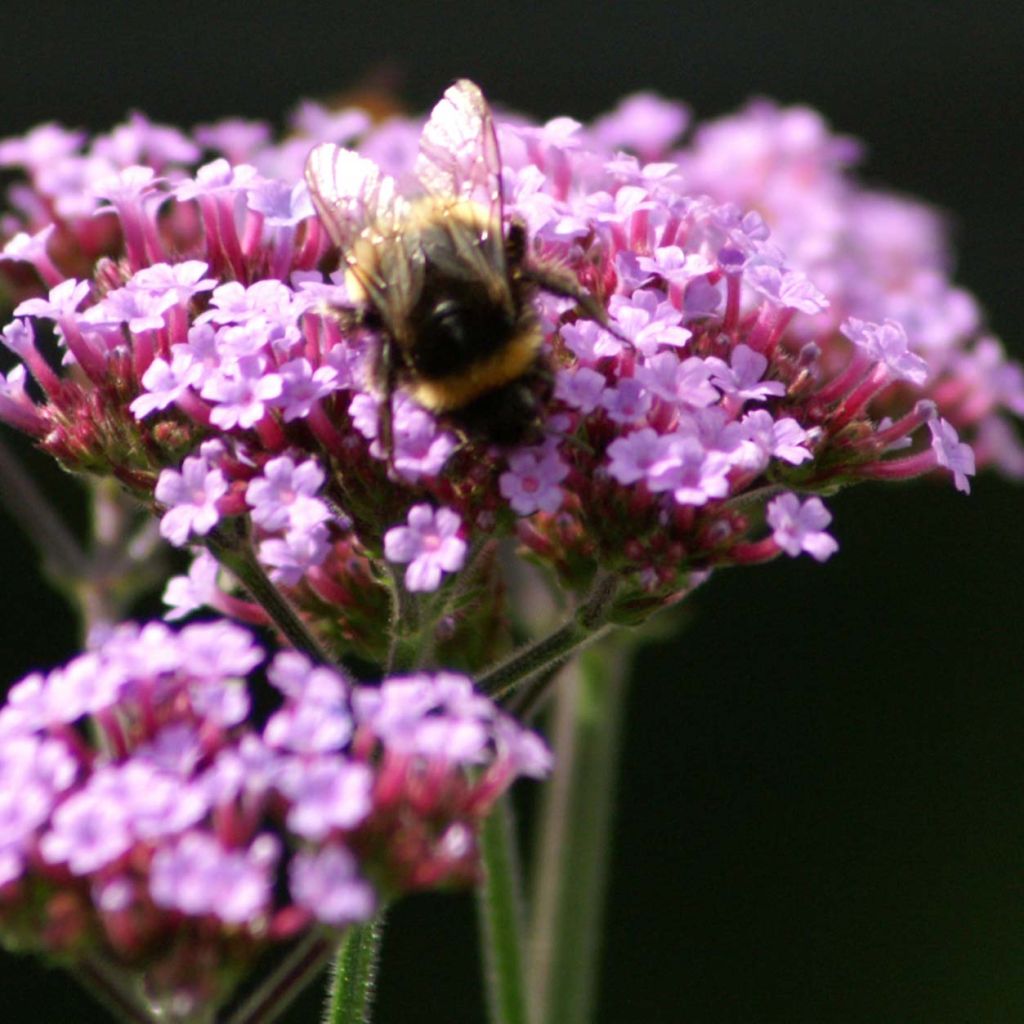

Verbena bonariensis Lollipop
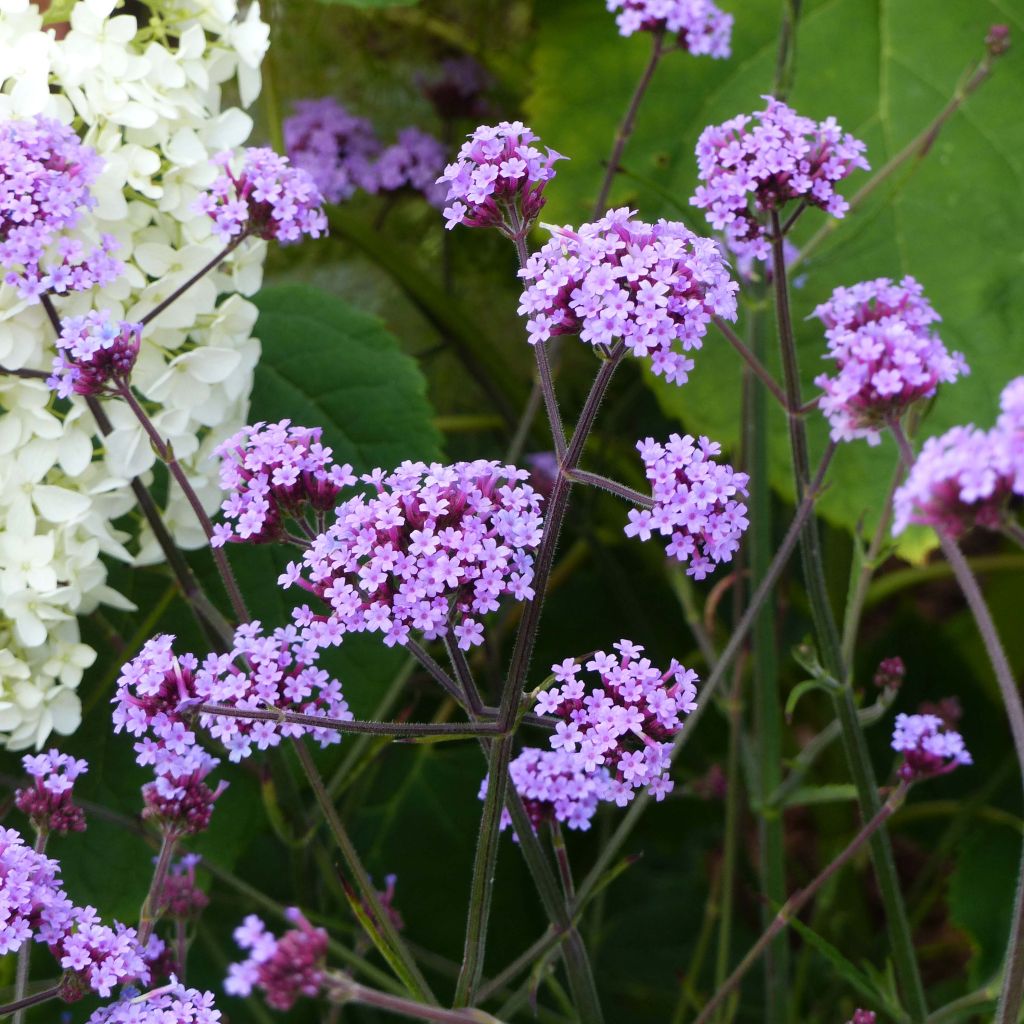

Verbena bonariensis Lollipop
Verbena bonariensis Lollipop
Verbena bonariensis Lollipop
Purple Top, Argentinean Vervain, Pretty Verbena, Clustertop Vervain
The plant bloomed beautifully all summer until late October. Perfect for cut flower arrangements. I am very satisfied.
Beatrice, 20/10/2025
Special offer!
Receive a €20 voucher for any order over €90 (excluding delivery costs, credit notes, and plastic-free options)!
1- Add your favorite plants to your cart.
2- Once you have reached €90, confirm your order (you can even choose the delivery date!).
3- As soon as your order is shipped, you will receive an email containing your voucher code, valid for 3 months (90 days).
Your voucher is unique and can only be used once, for any order with a minimum value of €20, excluding delivery costs.
Can be combined with other current offers, non-divisible and non-refundable.
Home or relay delivery (depending on size and destination)
Schedule delivery date,
and select date in basket
This plant carries a 12 months recovery warranty
More information
We guarantee the quality of our plants for a full growing cycle, and will replace at our expense any plant that fails to recover under normal climatic and planting conditions.

Would this plant suit my garden?
Set up your Plantfit profile →
Description
The Buenos Aires Verbena 'Lollipop' is a compact version of the Verbena bonariensis appreciated for its endless flowering of lavender color animated by the incessant flight of multicolored butterflies. Shorter but just as generous as its big sister, 'Lollipop' beautifully animates and garden for weeks without requiring water or maintenance. It is perfect in natural, romantic or country-style settings, as well as in a pretty pot on the terrace. Moderately hardy and not very long-lived, the Buenos Aires verbena can self-sow spontaneously in the garden.
The Verbena bonariensis 'Lollipop' is a horticultural selection that is shorter than the typical variety, forming a clump of 60 cm (24in) in all directions when in flower. The typical species is a plant of the verbenaceae family native to South America, widespread from Brazil to Argentina. The basal leaves of this Lollipop variety, green, elongated, with toothed edges, measuring 8 to 12 cm (3 to 5in) long, are more or less evergreen depending on the winter cold. In May-June, vigorous square stems, rough in texture, shoot up towards the sky, branching out towards the top. They bear numerous rounded inflorescences, in clusters measuring 3 to 5 cm (1 to 2in) in diameter, composed of numerous tiny, tubular, fragrant flowers in shades of mauve with purple bracts. They attract many pollinating insects. Flowering continues until October, with a period of rest in July if drought is too intense. In very well-drained soil, this plant can withstand brief frosts of around -12°C (10.4°F). Its lifespan is rather short, but it produces many seeds that germinate easily in light soil. Plants grown from seed are not necessarily identical to the mother plant.
The 'Lollipop' verbena is well suited for container cultivation or for border planting. Like a light curtain, it filters perspectives and provides structure to flower beds. It can also be used with pleasure to lighten a bed of peonies and ground cover roses. You can also place it at the front of a tall border, with low grasses or medium-sized grasses, shrubby salvias or perennials, gauras... This nectar plant attracts butterflies and is ideal for cottage gardens, and its flowers make lovely bouquets.
Report an error about the product description
Verbena bonariensis Lollipop in pictures
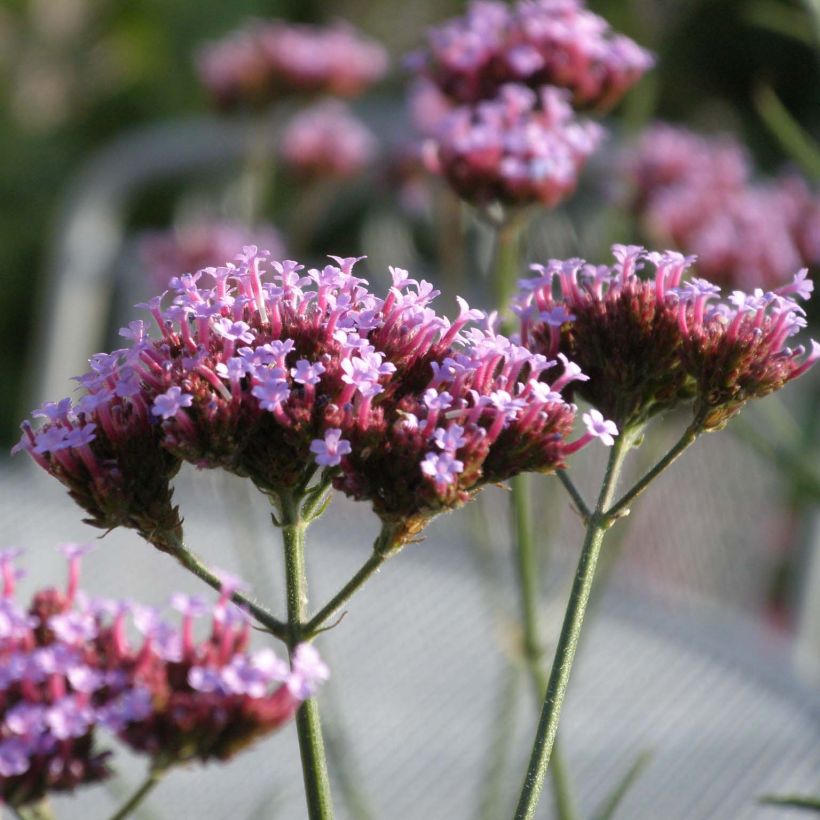

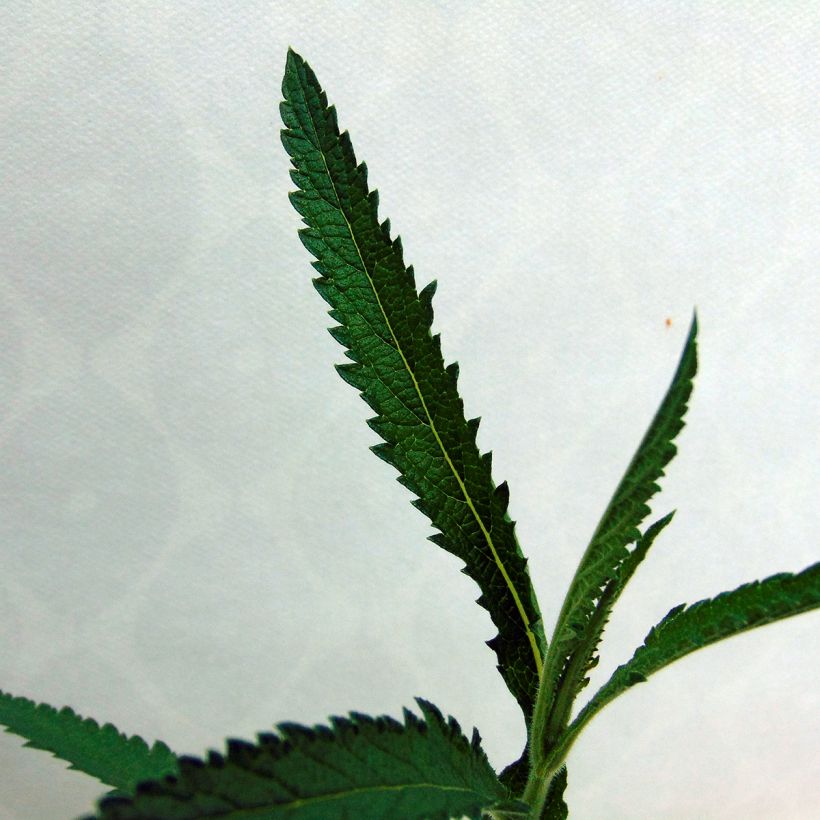

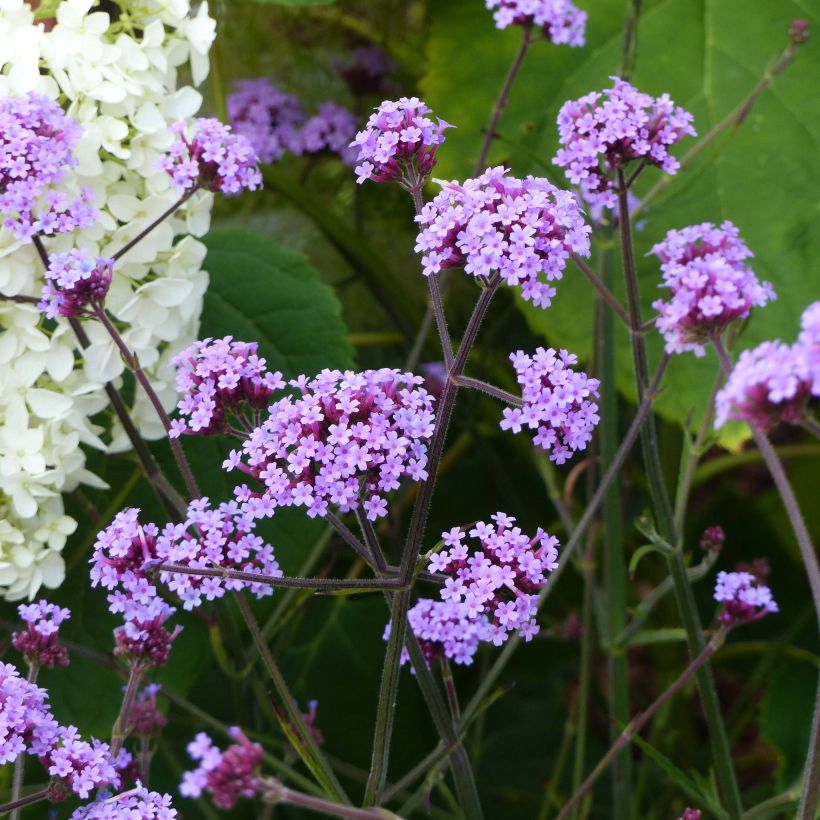

Flowering
Foliage
Plant habit
Botanical data
Verbena
bonariensis
Lollipop
Verbenaceae
Purple Top, Argentinean Vervain, Pretty Verbena, Clustertop Vervain
Cultivar or hybrid
Other Verbena - Vervain
View all →Planting and care
Cultivate Verbena bonariensis 'Lollipop' in a sunny position, in a light, well-drained soil. It is sensitive to stagnant moisture in winter, but it withstands heat and drought very well. It is a low-maintenance plant. Prune it after flowering. In cold regions, it is advisable to protect it with a dry mulch, as it does not tolerate temperatures below -10/-12 °C, especially in poorly drained soil. For pot cultivation, apply organic fertilizer once or twice a year, and water regularly during the growing season.
Planting period
Intended location
Care
-
, onOrder confirmed
Reply from on Promesse de fleurs
Similar products
Haven't found what you were looking for?
Hardiness is the lowest winter temperature a plant can endure without suffering serious damage or even dying. However, hardiness is affected by location (a sheltered area, such as a patio), protection (winter cover) and soil type (hardiness is improved by well-drained soil).

Photo Sharing Terms & Conditions
In order to encourage gardeners to interact and share their experiences, Promesse de fleurs offers various media enabling content to be uploaded onto its Site - in particular via the ‘Photo sharing’ module.
The User agrees to refrain from:
- Posting any content that is illegal, prejudicial, insulting, racist, inciteful to hatred, revisionist, contrary to public decency, that infringes on privacy or on the privacy rights of third parties, in particular the publicity rights of persons and goods, intellectual property rights, or the right to privacy.
- Submitting content on behalf of a third party;
- Impersonate the identity of a third party and/or publish any personal information about a third party;
In general, the User undertakes to refrain from any unethical behaviour.
All Content (in particular text, comments, files, images, photos, videos, creative works, etc.), which may be subject to property or intellectual property rights, image or other private rights, shall remain the property of the User, subject to the limited rights granted by the terms of the licence granted by Promesse de fleurs as stated below. Users are at liberty to publish or not to publish such Content on the Site, notably via the ‘Photo Sharing’ facility, and accept that this Content shall be made public and freely accessible, notably on the Internet.
Users further acknowledge, undertake to have ,and guarantee that they hold all necessary rights and permissions to publish such material on the Site, in particular with regard to the legislation in force pertaining to any privacy, property, intellectual property, image, or contractual rights, or rights of any other nature. By publishing such Content on the Site, Users acknowledge accepting full liability as publishers of the Content within the meaning of the law, and grant Promesse de fleurs, free of charge, an inclusive, worldwide licence for the said Content for the entire duration of its publication, including all reproduction, representation, up/downloading, displaying, performing, transmission, and storage rights.
Users also grant permission for their name to be linked to the Content and accept that this link may not always be made available.
By engaging in posting material, Users consent to their Content becoming automatically accessible on the Internet, in particular on other sites and/or blogs and/or web pages of the Promesse de fleurs site, including in particular social pages and the Promesse de fleurs catalogue.
Users may secure the removal of entrusted content free of charge by issuing a simple request via our contact form.
The flowering period indicated on our website applies to countries and regions located in USDA zone 8 (France, the United Kingdom, Ireland, the Netherlands, etc.)
It will vary according to where you live:
- In zones 9 to 10 (Italy, Spain, Greece, etc.), flowering will occur about 2 to 4 weeks earlier.
- In zones 6 to 7 (Germany, Poland, Slovenia, and lower mountainous regions), flowering will be delayed by 2 to 3 weeks.
- In zone 5 (Central Europe, Scandinavia), blooming will be delayed by 3 to 5 weeks.
In temperate climates, pruning of spring-flowering shrubs (forsythia, spireas, etc.) should be done just after flowering.
Pruning of summer-flowering shrubs (Indian Lilac, Perovskia, etc.) can be done in winter or spring.
In cold regions as well as with frost-sensitive plants, avoid pruning too early when severe frosts may still occur.
The planting period indicated on our website applies to countries and regions located in USDA zone 8 (France, United Kingdom, Ireland, Netherlands).
It will vary according to where you live:
- In Mediterranean zones (Marseille, Madrid, Milan, etc.), autumn and winter are the best planting periods.
- In continental zones (Strasbourg, Munich, Vienna, etc.), delay planting by 2 to 3 weeks in spring and bring it forward by 2 to 4 weeks in autumn.
- In mountainous regions (the Alps, Pyrenees, Carpathians, etc.), it is best to plant in late spring (May-June) or late summer (August-September).
The harvesting period indicated on our website applies to countries and regions in USDA zone 8 (France, England, Ireland, the Netherlands).
In colder areas (Scandinavia, Poland, Austria...) fruit and vegetable harvests are likely to be delayed by 3-4 weeks.
In warmer areas (Italy, Spain, Greece, etc.), harvesting will probably take place earlier, depending on weather conditions.
The sowing periods indicated on our website apply to countries and regions within USDA Zone 8 (France, UK, Ireland, Netherlands).
In colder areas (Scandinavia, Poland, Austria...), delay any outdoor sowing by 3-4 weeks, or sow under glass.
In warmer climes (Italy, Spain, Greece, etc.), bring outdoor sowing forward by a few weeks.






























